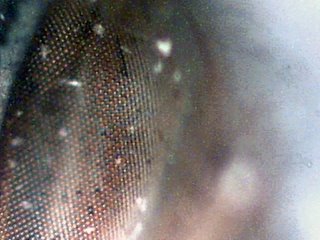More Organic Gardening in Cuba
The good news about worm composting is always rolling in from Cuba. They're quite focused on reducing inputs (i.e., fertilizer) and increasing self-sufficiency, not to mention recycling, and what does all that mean? Worms, worms, worms. If only we all lived on islands. Oh, I suppose we do, in a larger sense.
Urban Agriculture Gaining Momentum in Las Tunas, Cuba:
"As part of the efforts that Cuba is making to increase the areas dedicated to urban agriculture, a plan to set up 135 new organic vegetable plots is being organized in eastern Las Tunas province.
These areas of land of approximately one hectare are mostly sown with green vegetables and spices. They have watering systems and use earthworm humus. "










